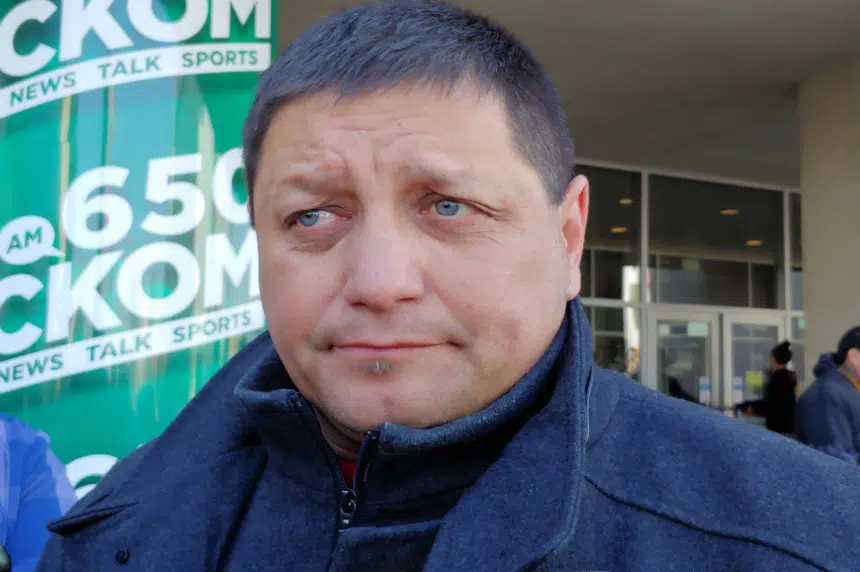The Saskatchewan government and the Saskatoon Tribal Council (STC) are putting nearly three years of legal disputes behind them.
The government issued a media release Tuesday stating the two sides are partnering “to work together toward better outcomes for indigenous children, youth and families.”
The partnership ends a series of legal disputes that began in June 2016 when the Ministry of Social Services announced it was taking over child welfare responsibilities from the STC.
At the time, then-Social Services Minister Donna Harpauer said the STC was withholding access to records for children it serves on-reserve.
The STC asked for a judicial review examining the province’s negotiation tactics and the stripping of its on-reserve child welfare programs.
“It’s taken 2 1/2 years to really sit down and negotiate about how we can work together for the best interest of our kids from the Saskatoon Tribal Council,” STC Chief Mark Arcand said.
“We’re going to put the kids in the middle and do what’s best for those children.”
Ending the legal disputes means the STC will regain its agency status to eventually assume planning and implementation of child welfare systems.
“The province is committed to supporting us to whatever we need to do to get the proper, qualified people inside of our agency to make sure those services are there for our children so they don’t fall through the cracks,” Arcand said.
Speaking at the legislature in Regina on Tuesday, Minister of Social Services Paul Merriman said discussions over the course of eight months with all chiefs within the STC made this the logical path for all parties involved.
“We thought it was time that we start looking forward and less backwards to be able to make sure that the children that are in care have every opportunity to be successful,” Merriman said.
The first point of emphasis in the new partnership is the “First Contact Panel Protocol,” according to a media release.
The initiative will allow Social Services and the STC to get together for formal talks with families involved in the child welfare system.
Arcand is thankful the two parties found a way to get out of the courtroom and back to the meeting table.
“I want to credit the province for sitting down and meeting with myself and our seven First Nations chiefs to come to a solution that’s best for children,” Arcand said.
“And maybe we can create a model for the rest of (the) provinces or agencies to building relationships with the province to come to a resolution instead of conflict all the time over children.”







